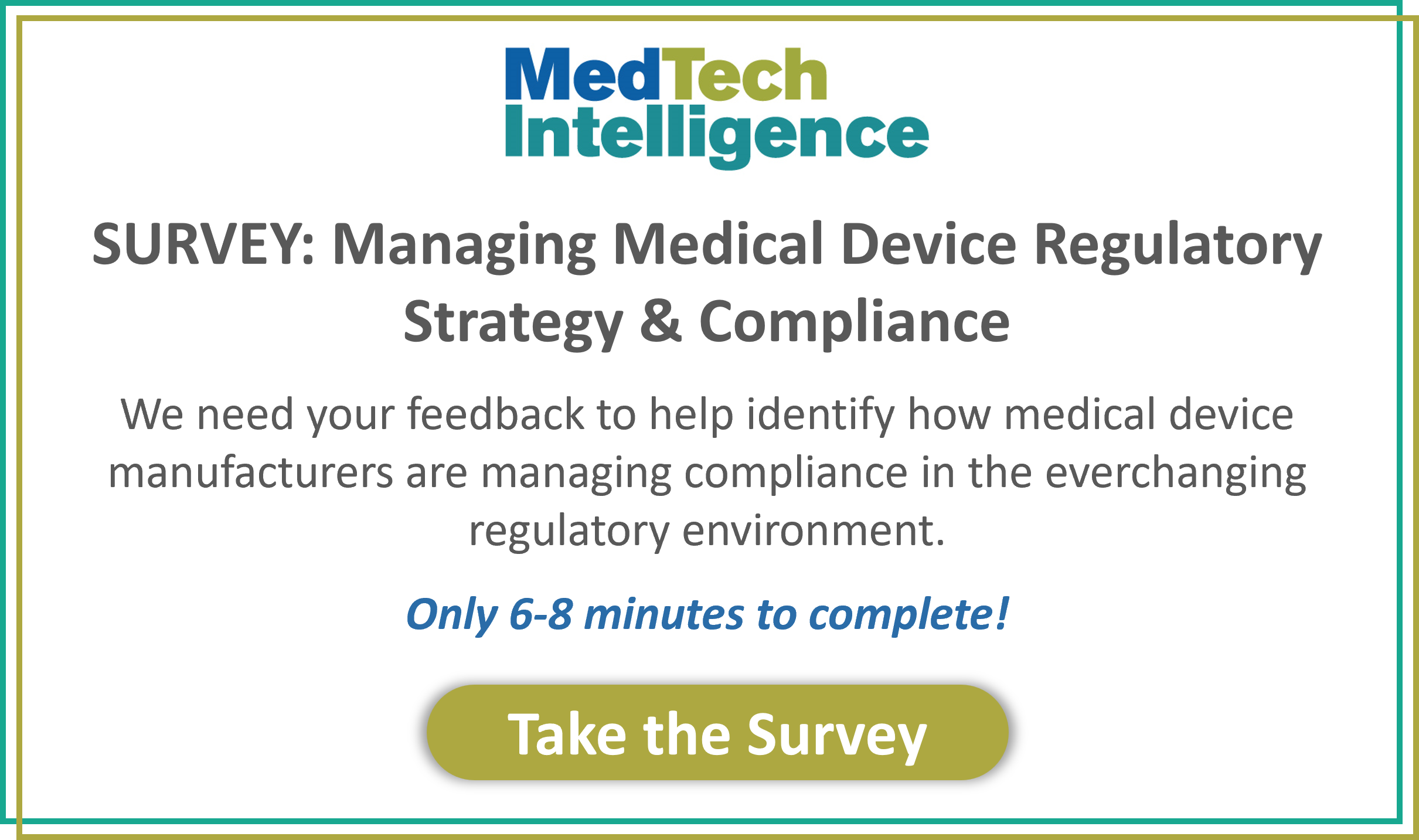Medical device reporting, in accordance with 21 CFR, Part 803, is a salient requirement for all device manufacturers wishing to dabble in the U.S. medical device market. The medical device report (MDR) is a fundamental tool that is to be used by device manufacturers, device user facilities, importers and distributors for reporting serious adverse events. Heck, Dr. D has even seen a patient file an MDR. As most of the readers already know, the migration to the eMDR platform occurred in August 2015 (August 14, 2015, to be exact). Granted, the entire process for gaining access to the FDA’s gateway is quite laborious (developed on an antiquated platform, the doctor is obliged to note). However, use of the eMDR process is mandatory unless a waiver is granted by the FDA. Simply stated, it’s the law, baby. The doctor clearly understands that no Chief Jailable Officer (CJO) wants to dive into the painful process of filing an MDR. Unfortunately, if harm comes to a patient or even worse, patient deaths are occurring, the agency wants to know about it. In fact, the regulation allows for 30 days from the date an establishment becomes aware of the adverse event to file the MDR. If there is a potential for serious harm to the health of the general public, the reporting window is reduced to five days— chop-chop! Unfortunately, if an agency inspection has not gone well, it is quite easy for a CJO to lapse into rueful inanition (look-it-up). Enjoy!
Warning Letter – May 8, 2017
The warning letter referenced in this week’s guidance only denoted three observations. However, not having a procedure for MDR’s and having all of the responses identified by FDA as not being adequate clearly influenced the decision to move to a warning letter. For all of you CJOs out there, most of you realize there is an art to responding to Form 483 observations. Failure to provide an adequate response or failure to respond within the allotted timeframe, and bad things are going to happen to the offending establishment. It is the underlying duty of the CJO to prevent these bad things from occurring.
Warning Letter Excerpt
Observation Three (3) – “Our inspection also revealed that the piston syringe is misbranded under Section 502(t)(2) of the Act, 21 U.S.C. § 352(t)(2), in that your firm failed or refused to furnish material or information regarding the devices that is required by or under Section 519 of the Act, 21 U.S.C. § 360i, and 21 CFR Part 803 – Medical Device Reporting. Significant deviations include, but are not limited to:
Failure of the firm to develop, maintain and implement MDR procedures, as required by 21 CFR 803.17. For example:
During the inspection, your firm acknowledged that it does not have an MDR procedure.”
21 CFR, Part 803.17 – What are the requirements for developing, maintaining, and implementing written MDR procedures that apply to me?
“If you are a user facility, importer, or manufacturer, you must develop, maintain, and implement written MDR procedures for the following:
(a) Internal systems that provide for:
- Timely and effective identification, communication, and evaluation of events that may be subject to MDR requirements;
- A standardized review process or procedure for determining when an event meets the criteria for reporting under this part; and
- Timely transmission of complete medical device reports to manufacturers or to us, or to both if required.
(b) Documentation and recordkeeping requirements for:
- Information that was evaluated to determine if an event was reportable;
- All medical device reports and information submitted to manufacturers and/or us;
- Any information that was evaluated for the purpose of preparing the submission of annual reports; and
- Systems that ensure access to information that facilitates timely follow-up and inspection by us.”
Compliance for Dummies
As with all quality, regulatory and statutory requirements necessitated by working in a heavily regulated environment, written procedures are mandatory, especially when the requirement is premised on federal regulations. When terms such as “must” or “shall” are placed in a regulation, it means the establishment has to meet that requirement, period! What part of mandatory is not being understood? In the case of §803.17, the phrase “you must develop, maintain, and implement written MDR procedures” is clearly stated and no doubt, is an applicable requirement. That being said, there is no time like the present to start revising or scripting the MDR procedure.
Additionally, Dr. D strongly recommends that establishments new to the eMDR process engage the FDA as early as possible, because this process will take some time and effort. It is not an activity that is going to happen overnight. In fact, some establishments have expended countless and often frustrating hours trying to make this process work. It really is a burdensome approach (Dr. D’s humble opinion). Good luck!
When scripting the MDR procedure, the doctor strongly recommends reading Part 803 in its entirety as it contains the granularity necessary to script a fully-compliant procedure. In fact, it contains everything from the format of the MDR numbering to the required content of the MDR. People, it does not get any simpler than that.
Furthermore, all of the reporting requirements in regard to dates and responsibilities for device users, manufacturers, importers and distributors are clearly delineated. If an establishment performs a simple cut-and paste-extraction from Part 803, and places the material into their own procedural format, compliance will be achieved. Pretty simply, hey?
Finally, from a compliance standpoint, failure to file an MDR or failure to file an MDR within the allotted time frame will resulting in bad things happening. With the advent of electronic reporting and the use of a Universal Device Identifier (UDI), the FDA can connect the dots much easier when it comes to problem devices. If users are filing MDRs and the manufacturer is not, do not be surprised if one of our dear friends from the agency magically appears in the offending device establishment’s lobby for a cup of coffee and a for-cause inspection. Ouch! In fact, Dr. D recommends visiting the agency’s MAUDE database once each week to ensure your customers are not having device-related adverse events. Besides, you can also see how your competitors are performing. Can you say post-market surveillance?
Takeaways
For this week’s guidance the doctor will leave the readers with two takeaways. One: The eMDR requirement is quickly approaching its second birthday. If an establishment has not revised its procedures to reflect this new requirement, there is no time like the present to start banging away on that keyboard and make the changes. Two: Failure to file MDRs or file MDRs within the allotted time frame is a really bad thing. If you must ask why, then you just might be in the wrong field. Dr. D recommends visiting the MAUDE database weekly to ensure your customers are not filing MDRs. The readers can also see what the competition is doing. I believe having knowledge of your competition’s problems can be employed in a simple concept, “Competitive advantage!” In closing, thank you again for joining Dr. D, and I hope you found value (and some humor) in the guidance provided. Until the next installment of DG, cheers from Dr. D., and best wishes for continued professional success.
References
- Code of Federal Regulation. (April 2016). Title 21 Part 820: Quality system regulation. Washington, D.C.: U.S. Government Printing Office.
- Code of Federal Regulation. (April 2016). Title 21 Part 803: Medical device reporting. Washington, D.C.: U.S. Government Printing Office.
- Devine, C. (2011). Devine guidance for complying with the FDA’s quality system regulation – 21 CFR, Part 820. Charleston, SC: Amazon.
- Devine, C. (2013). Devine guidance for managing key attributes of a FDA-compliant quality management system – 21 CFR, Part 820 Compliance. Charleston, SC: Amazon.
- FDA. ( May 2017). Inspections, Compliance, Enforcement, and Criminal Investigations. International Medsurg Connection, Inc. Accessed May 22, 2017. Retrieved from https://www.fda.gov/ICECI/EnforcementActions/WarningLetters/2017/ucm558368.htm






